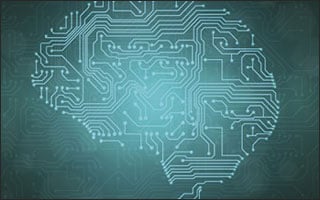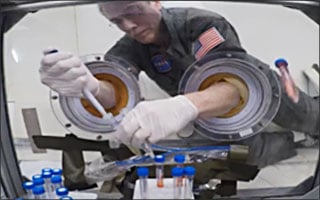BME Professor Andrew P. Feinberg, MD, MPH, has joined the prestigious ranks of Bloomberg Distinguished Professors appointed across Johns Hopkins. The interdisciplinary professorships are created to galvanize people, resources, research, and educational opportunities to address major world problems.
Andy Feinberg is one of the nation’s most influential scientists and is considered the founder of the field of cancer epigenetics. During his postdoctoral fellowship at Johns Hopkins, he and Bert Vogelstein, the Clayton Professor of Oncology and Pathology and a Howard Hughes Medical Institution investigator, discovered epigenetic alterations in human cancer.
Feinberg now directs the Center for Epigenetics, one of the leading research centers in the world. Cancer epigenetics has become one of the core areas of cancer research and therapy. Feinberg expanded beyond cancer research to create the first epigenome center in the country to develop tools to understand the role of epigenetics in all aspects of human disease.
Feinberg and his collaborators have shaped the landscape of our understanding of DNA methylation and other epigenetic changes, and their applications to epidemiology and medicine, and have introduced groundbreaking statistical and laboratory methods to the study of the genome. Regarding the latter, Feinberg is studying the epigenetic effects of spaceflight on the Kelly identical twins as one of 10 principal investigators on NASA’s Twins Study.


